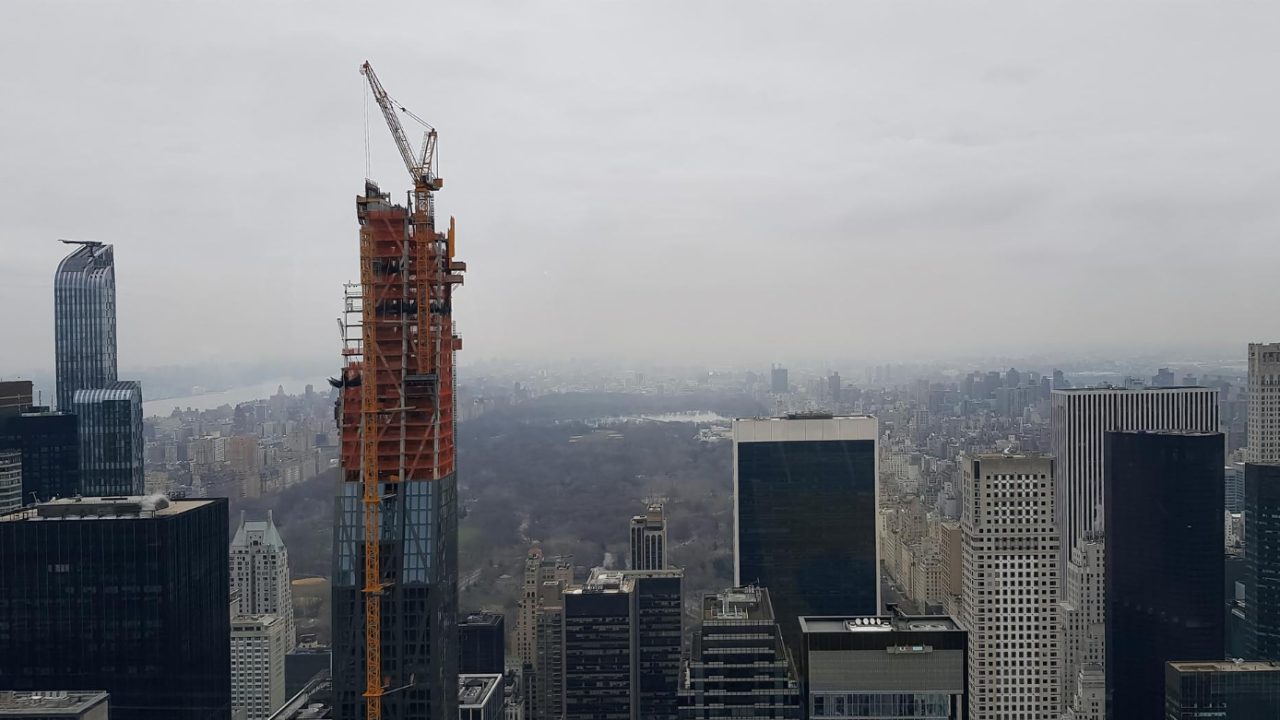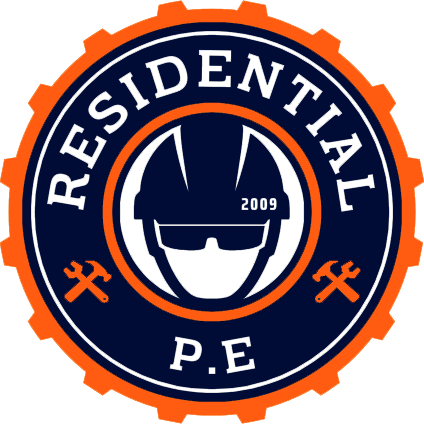
Understanding the Planning Commission Process
For major developments and high-volume projects, navigating the planning commission’s review is crucial. This article provides insights into planning commission meetings and their significance.
Demystifying the Planning Commission
In the realm of construction, significant projects often face scrutiny through planning commission hearings. These meetings serve as a platform for evaluating a project’s alignment with the city’s master plan. Open to the public, they allow concerned parties, including neighbors and property owners, to voice their opinions. With extensive experience in attending and representing clients in such meetings, we’re here to decode the intricacies of the planning commission process.
Unveiling the Planning Commission
A planning commission typically comprises five to seven members appointed to offer guidance on land use and planning. The odd number ensures decisive votes. Meetings occur weekly or bi-monthly, with agendas accessible on the city’s website.
Unraveling the Planning Staff Report
Before the commission convenes, a staff planner compiles a comprehensive report. This report encompasses project details, zoning information, studies, and recommendations. Presented during meetings, it serves as the foundation for discussions.
The Dynamics of the Process
While processes differ, a general structure exists. The staff report introduction is followed by applicant presentations. Subsequent discussions address queries and public comments, ensuring a holistic perspective.
The Commission’s Verdict
Following comprehensive discussions, the commission votes on project approval, often with specific conditions. This scrutiny ensures adherence to codes and safe practices. Lengthy sessions might extend to later meetings.
Advantages of the Process
The planning commission serves as a critical safeguard for the interests of the local community. By meticulously reviewing projects, it plays a pivotal role in upholding community values and aspirations. Here’s a closer look at the advantages this process brings:
1. Rigorous Project Vetting: The commission’s meticulous scrutiny ensures that proposed projects align with the city’s master plan and zoning regulations. This rigorous assessment helps maintain the integrity of the community’s overall development vision.
2. Encouraging Code Compliance: Through its comprehensive evaluation, the planning commission encourages developers to adhere to established codes and regulations. This emphasis on compliance contributes to the creation of structures that not only meet functional needs but also uphold safety standards.
3. Preventing Harmful Endeavors: By carefully assessing projects, the commission acts as a shield against potentially harmful or unsustainable developments. This proactive stance prevents endeavors that could negatively impact the environment, infrastructure, or quality of life.
4. Fostering Informed Decision-Making: Planning commission meetings provide a platform for open dialogue and informed discussions. This engagement allows for a well-rounded understanding of the project’s implications, ensuring that decisions are based on comprehensive insights.
5. Ensuring Accountability: With its transparent and public nature, the planning commission process ensures that decisions are made in an accountable manner. The commission is answerable to the community, thereby instilling a sense of responsibility in decision-making.
6. Community Participation: The open nature of planning commission meetings enables community members, neighbors, and property owners to actively participate in discussions. This inclusivity ensures that a diverse range of perspectives are considered before decisions are made.
7. Upholding Community Vision: The commission’s role in reviewing projects aligns with the community’s long-term vision. By scrutinizing projects against this vision, it helps create a harmonious and cohesive urban environment.
8. Encouraging Collaboration: Planning commission meetings encourage collaboration between various stakeholders, including developers, residents, and local authorities. This collaborative approach often leads to more holistic and sustainable project outcomes.
9. Balancing Development and Preservation: A key advantage of the planning commission process is its ability to strike a balance between development and preservation. It ensures that growth occurs in a way that respects the community’s heritage and natural surroundings.
10. Educating the Public: Through its discussions and presentations, the commission educates the public about the complexities of urban planning and development. This increased awareness enhances civic engagement and empowers residents to be more informed participants in the process.
In essence, the planning commission process is a cornerstone of responsible and sustainable urban development. By carefully evaluating projects, encouraging compliance, and promoting public engagement, it contributes to the realization of a community’s collective aspirations while safeguarding its future.
Introducing Construction Edge
Construction Edge, located in Beverly Hills, CA, is your partner in comprehensive permit consulting. Unlike traditional expediters, we build relationships and implement strategies for efficient project completion. Our focus is swift permit acquisition, meticulous project management, and transparent communication. Connect with us at Construction Edge for expert guidance.
